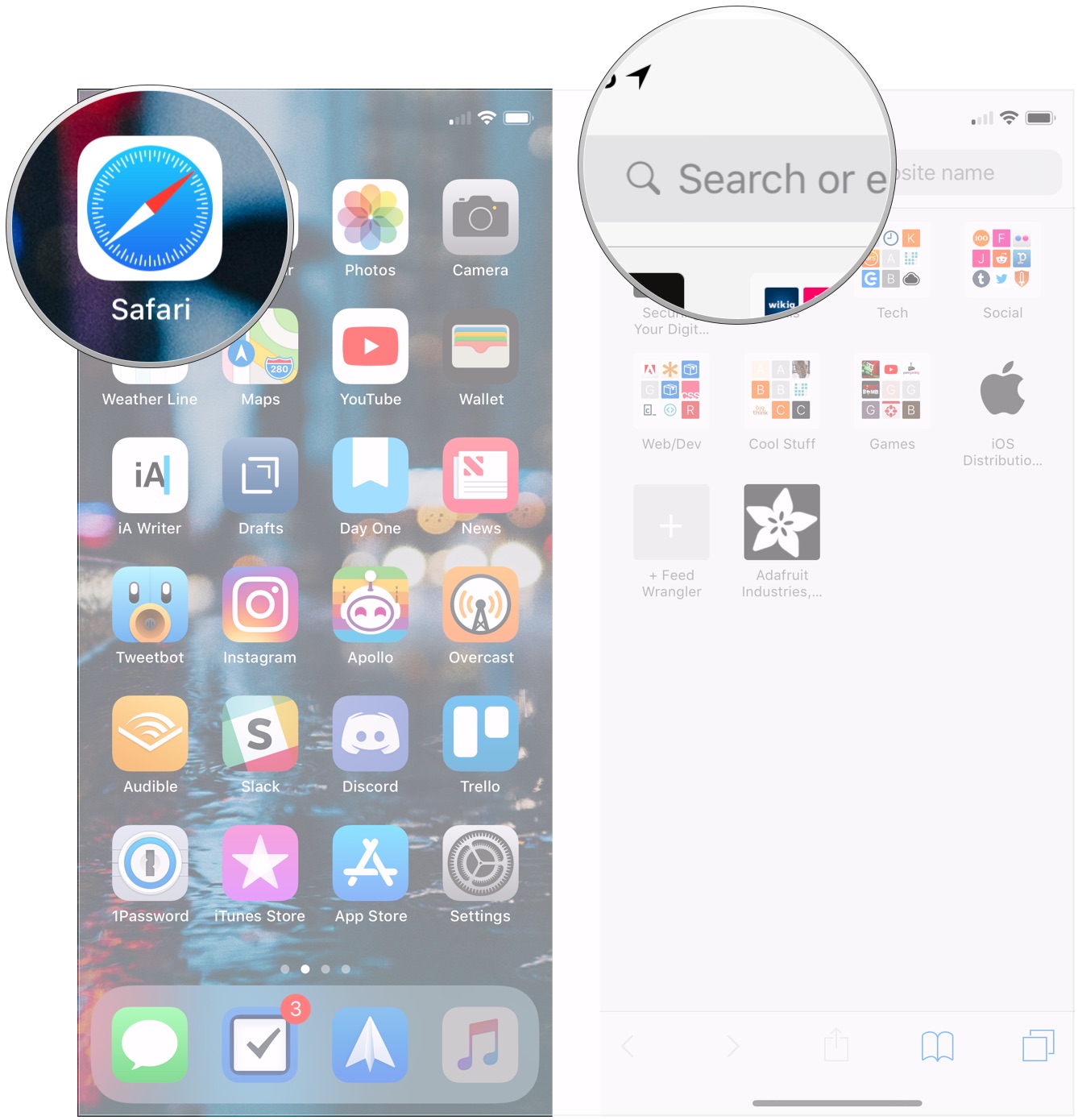
- #How to find words on a page in your history how to#
- #How to find words on a page in your history install#
- #How to find words on a page in your history Pc#
- #How to find words on a page in your history windows#
Alternatively, press Ctrl + Shift + C in Windows or Command + Shift + C in macOS.

When it gets closer to 1,000, editors and agents may shy away. 500-600 words is a good number to aim for. Launch your document in Google Docs on the web.Ĭlick the Tools menu at the top and select Word count. That might mean one line per page, or more. If you want to find the number of words for your entire document, you can do it with just a couple of clicks in Google Docs. Find the Word Count for Your Entire Google Docs Document
#How to find words on a page in your history how to#
We'll show you how to find the word count for your entire document and for a particular selection. Here’s how you use both of these methods in your document. Google Docs on desktop offers both a menu item and a keyboard shortcut to let you see the word count. Here’s how to check your word count in Google Docs on both desktop and smartphones.Ĭheck the Word Count in Google Docs on Desktop This nifty little feature keeps count of the words in your document and presents the information to you whenever you need it. I never assumed that a site I didn’t want the extension to touch was already on the blacklist.Do you want to find out how many words, characters, or pages your Google Docs document contains? The Google Docs word count tool tells you just that. Personally, to be on the safe side, I added every site I didn’t want indexed to the blacklist. If you want to view it, the blacklist is on GitHub.įalcon also lets you add any site you want to the blacklist. There is also a built-in blacklist that automatically prevents specific sites such as banking from being indexed. Like most modern web browsers, Safari for iOS stores your browsing history so you can call up web pages that you previously visited on your iPhone or iPad.
#How to find words on a page in your history Pc#
All that information is stored locally on your PC and is not sent to the cloud.Īdd a site to your blacklist by clicking on the Falcon icon and then Preferences. First, to be able to search for snippets of text in the body of the webpage, Falcon has to index all the pages you visit. Privacy and Securityįalcon is an added convenience when you need to search your browsing history, but there are some privacy considerations. Click on the page you want and you’re off to the races.

Let’s say you’re looking for a page that mentions SSDs, type F + Tab and then type “SSDs.” Pages containing that keyword will appear directly below the address bar. Now, just enter whatever keywords you need. When it comes time to search for a site in your history tap F + Tab in the address bar. Searching with Falcon is as simple as an F + Tab. It won’t index sites that were stored in Chrome’s browsing history before Falcon was installed. Once that’s done, all you have to do is start browsing, and Falcon will start indexing your browsing history.
#How to find words on a page in your history install#
First, here’s how to use Falcon.Īs usual, you need to download and install Falcon from the Chrome Web Store (link above). .extension called Falcon lets you find web pages in your browsing history by searching for any word or phrase contained on the page youre looking for. How to write a history essay (historiographical essay) or a research paper This page was written with several goals in mind: to explain what historians. If you only remember that the page mentions Alabama that’ll be enough.Īll this convenience does come with some privacy and security implications that we’ll talk about later.

Then when you need to find something, all you have to do is search for a keyword from any part of the webpage you’re looking for. There’s a new Chrome extension called Falcon that attempts to solve this problem.įalcon describes itself as a “full text browsing history search.” What that means is Falcon indexes the text in the body of nearly every webpage you visit. But if all you remember is the general topic, things get a little harder to find. Finding a website in your browsing history is easy if you know the title of the webpage or site.


 0 kommentar(er)
0 kommentar(er)
